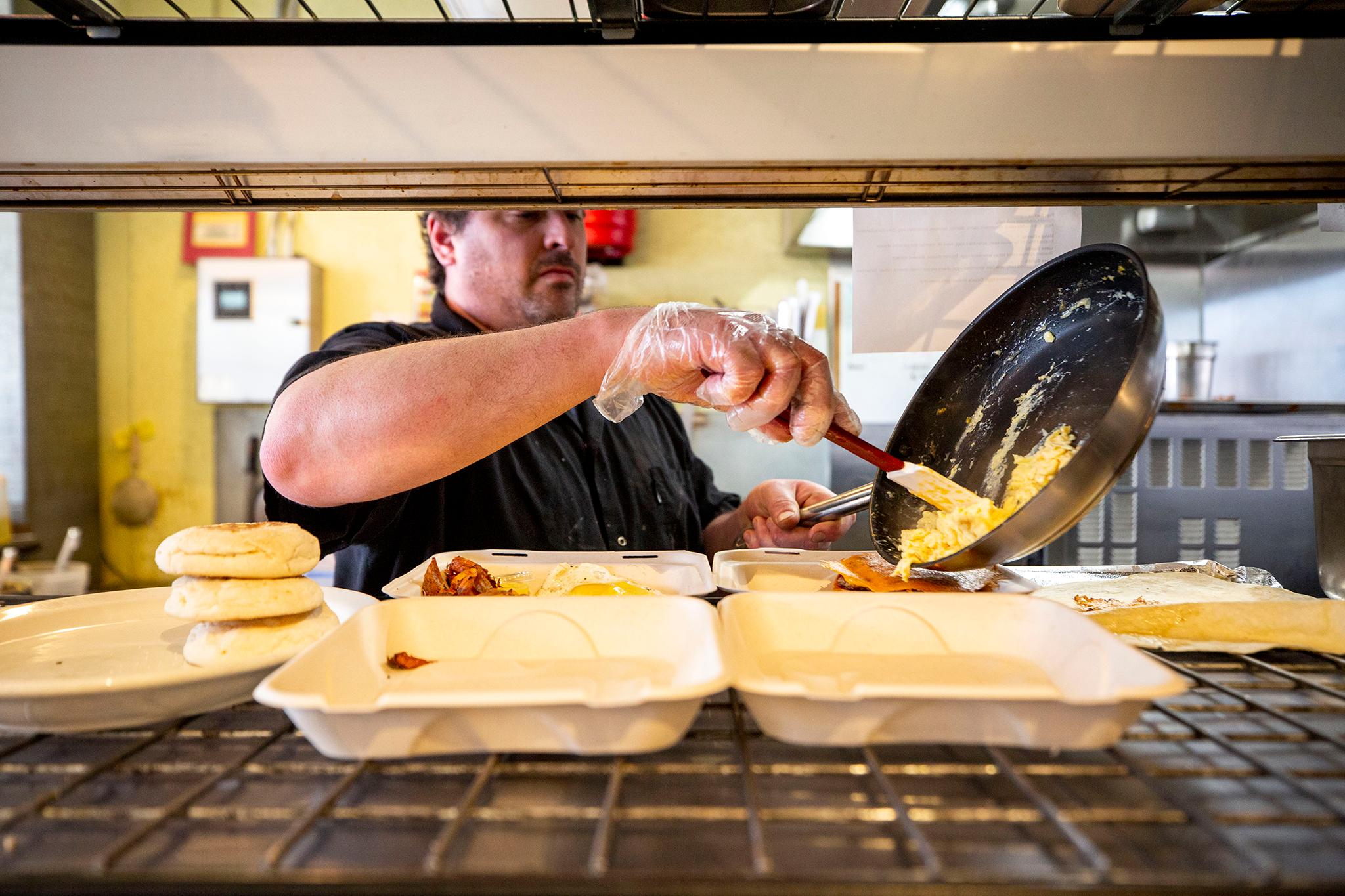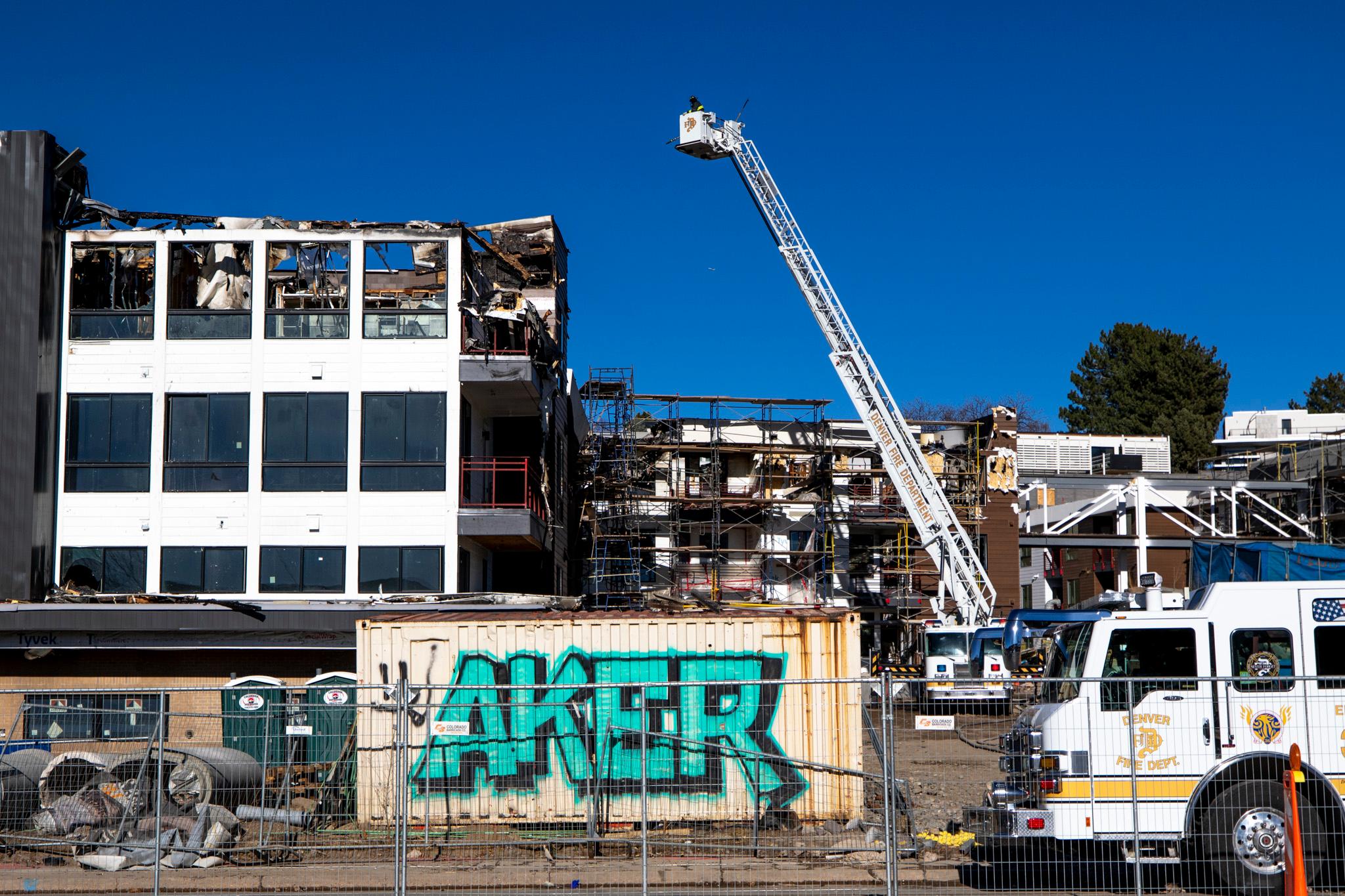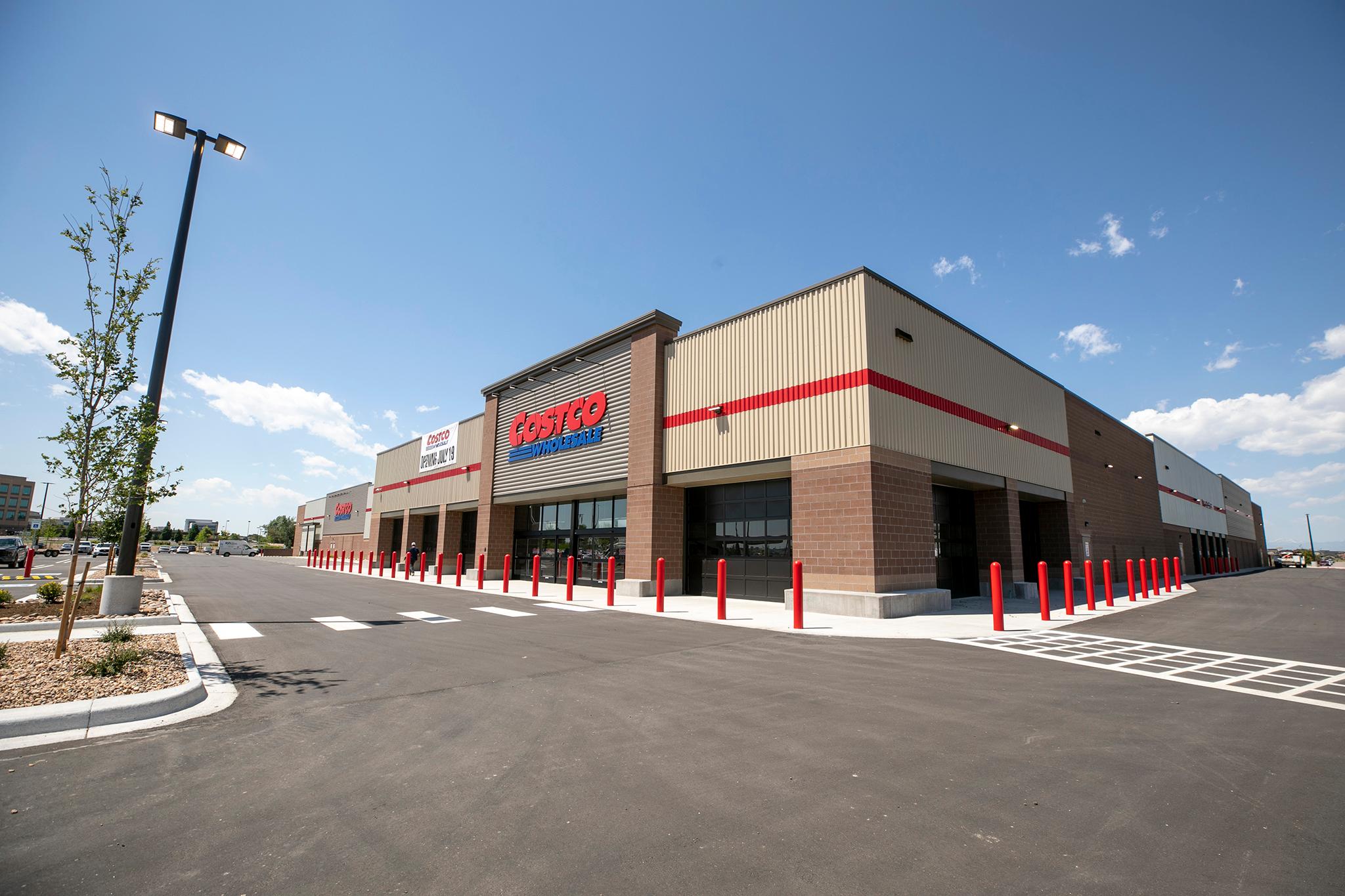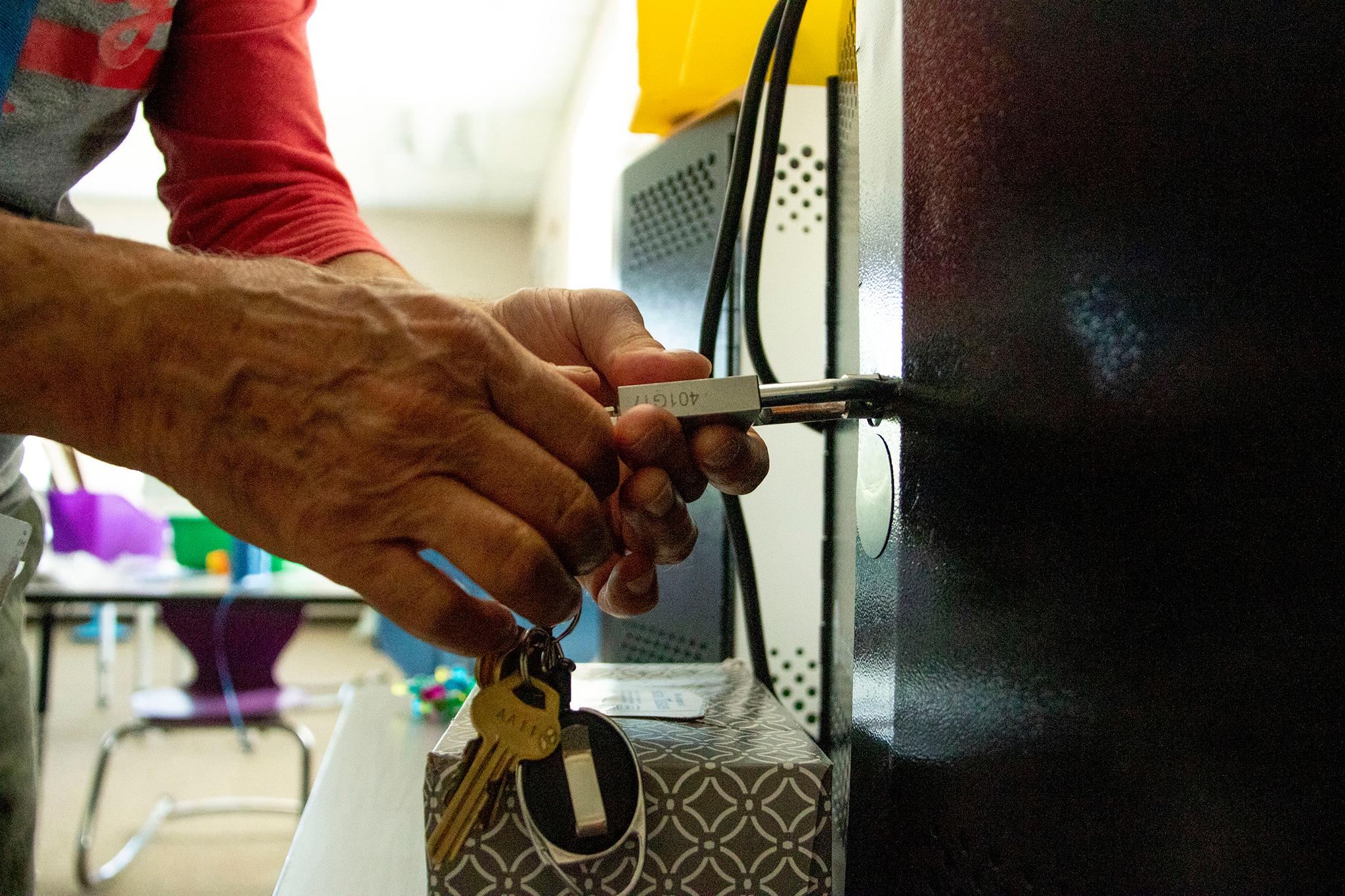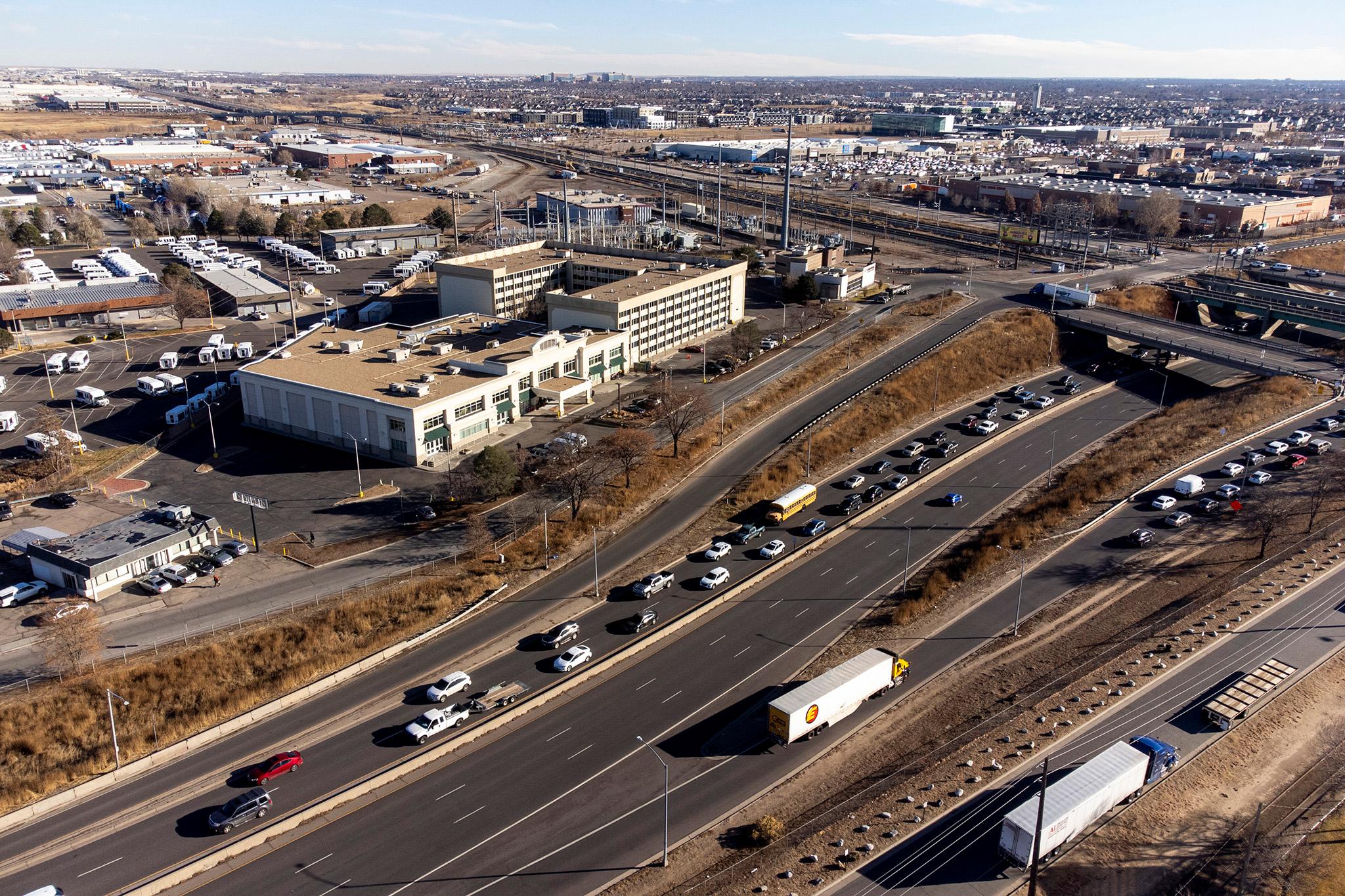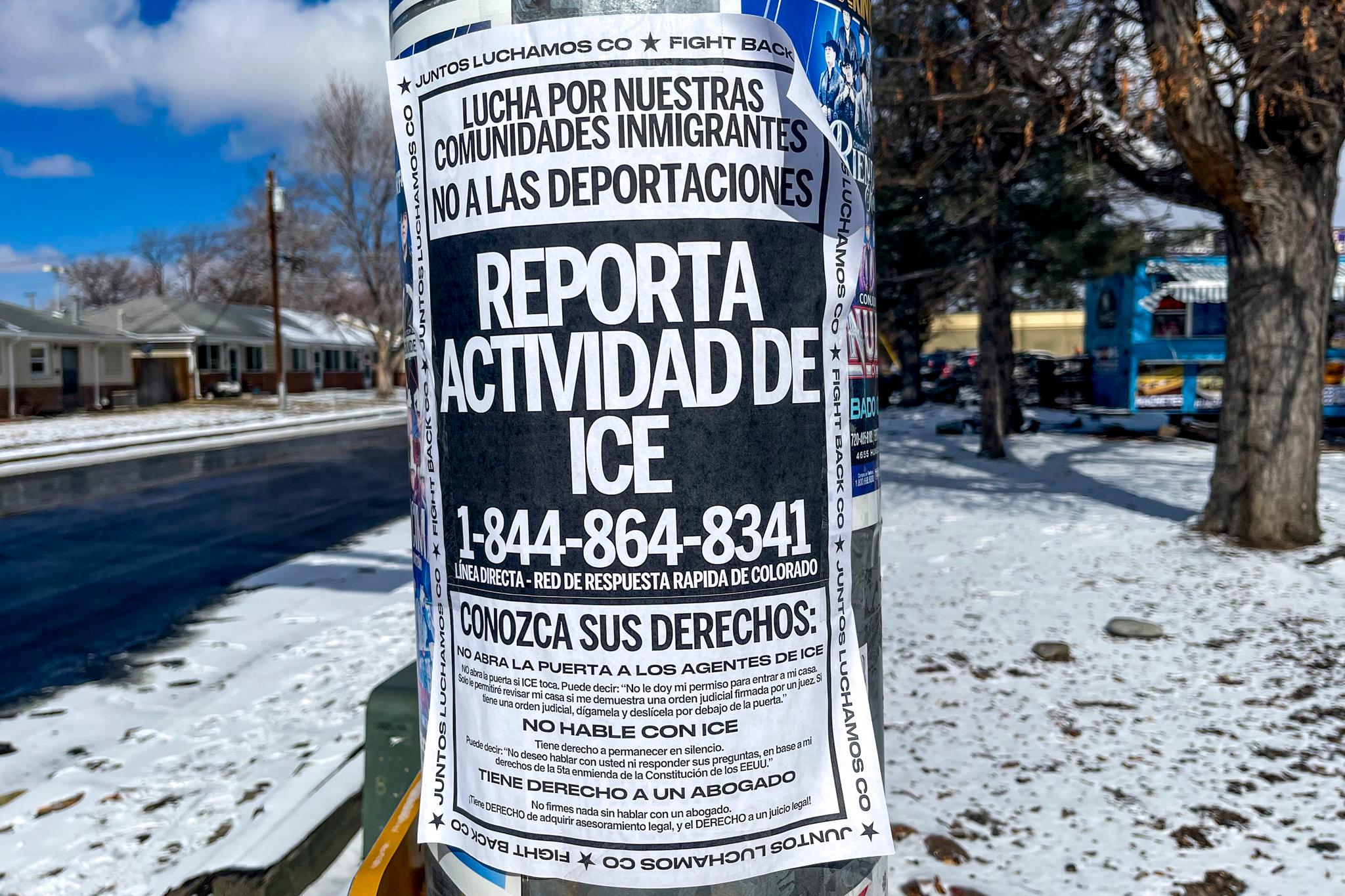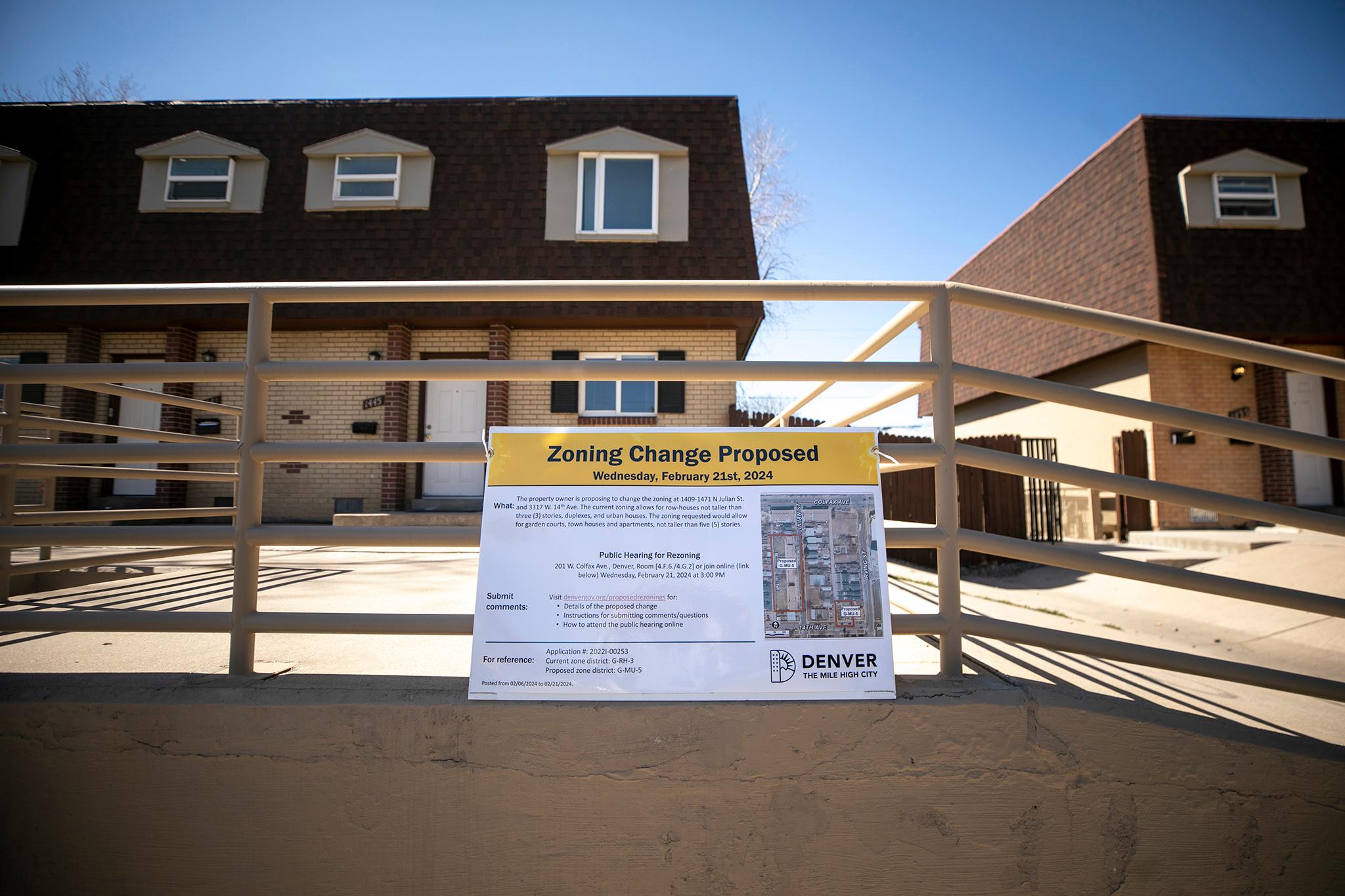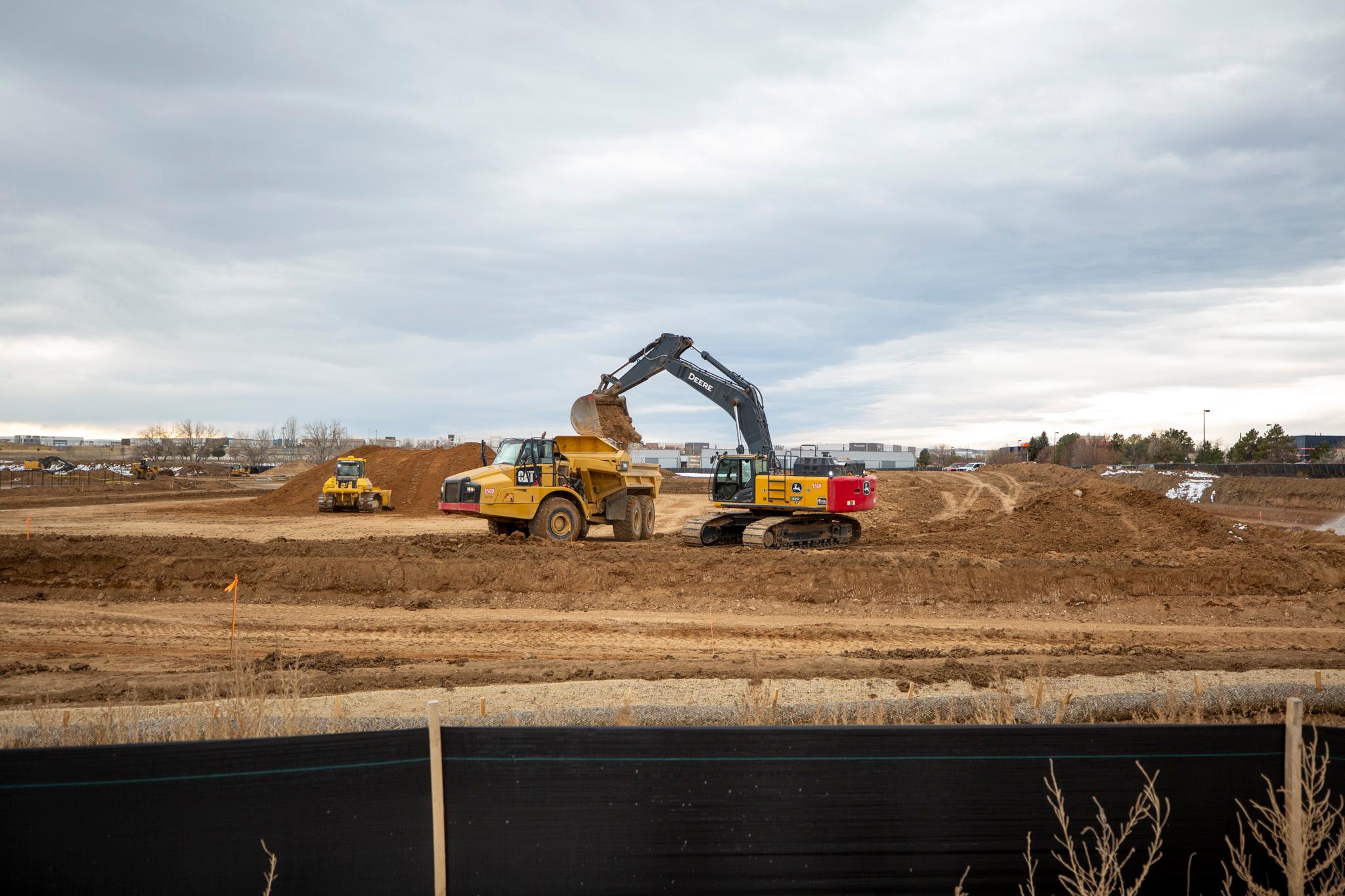By Paul Albani-Burgio
From the daunting early days that face every fledgling restaurant to the depths of the 2008 recession, Barolo Grill has weathered plenty of challenges during its 27-year run in Cherry Creek. But general manager Adam Moore says the Denver mainstay has never faced anything like COVID-19.
"It's unknown territory," Moore said. "We've been kind of a Denver staple for so many decades, and now we are having to adapt to survive."
So far, that's meant attempting to translate one of Denver's most elegant and artful dining experiences into something that can be picked up curbside and carried home.
Moore said this process has been touch and go -- and has required both flexibility and creativity as chef Darrel Truett created a new to-go menu that offers some of the elevated Northern Italian favorites Barolo Grill is known for alongside classic Italian comfort dishes such as chicken parmesan that weren't previously on the menu.
"We are doing some dishes that are not too overly complex because we want to save that for actual plating of the dish in the restaurant," Moore said. "And right now, people want comfort food that is going to make them feel good and warm their soul."
It's an approach that Moore said is working relatively well so far as many of Barolo Grill's regulars have made visits to pick up food at the restaurant. The relative initial success of the takeout system has allowed Moore to continue providing at least some hours to about 50 percent of the restaurant's pre-COVID staff.
Still, even as everyone at Barolo Grill adjusts to their new routine, Moore said he and his team recognize that they must take things day-by-day and continue to remain flexible in order to adjust to the rapidly shifting realities presented by COVID-19.
Such words have become something of the universal refrain among Denver restaurateurs, who have found themselves either scrambling to adjust to a constant slew of government orders impacting almost everything about how they do business -- or simply closing their doors altogether for the time being. Here's a look at how some of the spots that have remained open are faring.
Smaller Spots
When Mayor Michael Hancock announced on March 16 that all Denver restaurants would need to cease dine-in service the next day, Mustard's Last Stand general manager David Goodhart decided the best thing he could do was temporarily close the place down.
"We said, 'Let's take some time to let hysteria die down and do a deep clean and kind of reassess and try to get a crew together,'" he said.
But after what Goodhart said was a week of calls from regulars asking when the beloved hot dog joint would reopen, a team of just five Mustard's employees (most of the staff are DU students who went home when classes moved online) began taking orders and bringing them out to customers' cars on Tuesday.
"I think that the longer people are in their houses, the more they are wanting to venture out a little bit," Goodhart said. "And now with the small-business bailout coming we are definitely optimistic that we are going to be able to stay open."
Mike Rodriguez, co-owner of cheesesteak shop Denver Ted's in LoDo, said he has felt thankful for what he described as the joint's "uniquely supportive customer base" as it has made the transition to takeout and delivery-only.
"We've had just an outpouring of love and support from so many people that back our business and things have been good to where we have been able to keep staffing mostly the same, which is an awesome thing," he said.
Still, Rodriguez acknowledged that the current climate presents plenty of challenges, even if Denver Ted's seems to be faring better than many other restaurants in the city.
"We are doing a lot of deliveries through DoorDash and with that we end up paying a lot of our margins per ticket to them, which really eats into our revenues," he said.
Denver Classics
When Denverite called The Cherry Cricket at just after 5 p.m. on Wednesday night, the Cherry Creek mainstay was slammed with orders.
"It's like prime time," said general manager Heidi Ziepprecht. "This is when the phone starts ringing."
The nightly rush, which Ziepprecht said has typically been lasting from about 5 to 8 p.m., has been keeping the smaller crew the restaurant maintained to manage its takeout and delivery operation busy.
"We have three lines and there is usually just two of us answering the phones, making drinks and getting food to people when they come in," she said.
The Cricket is also taking advantage of the opportunity to offer alcohol for takeout and delivery.
"That's definitely popular, especially the boozy shakes," Ziepprecht said. "A lot of people are liking those."
After some early challenges, Nicole Schauf, who manages Gaetano's in the Highlands, said the team at the 70-plus-year-old north Denver icon is starting to figure out what works and what doesn't when it comes to delivery and takeout during the pandemic.
The first few days of the new operations only saw a couple of orders at lunchtime, Schauf said, so the restaurant's hours were shortened to 4 to 8 p.m. on weekends and 4 to 9 p.m. on weekends. Gaetano's is also not currently serving calamari, carbonara and other items that don't travel well.
"Dinner has gone well," Schauf said. "We've even had a few repeat customers. It's nice to know people are enjoying their food and returning,"
Fancier Places
Q House, a modern Chinese restaurant on Colfax near the Bluebird Theater, is among the Denver restaurants that has begun offering its food in ways it hadn't in the past.
"We've always done takeout, but now we've had to revamp our entire system," said co-owner Jen Mattioni. "We've got our phones set up a different way, and now we are taking online and delivery orders, which we hadn't done in the past."
Things have been going well thanks to the support of both some regulars and friends from the industry. As a result, Mattioni said that while Q House has definitely taken a hit, she's feeling optimistic about her restaurant's future and the prospect of rehiring back all of its staff when the dine-in ban is lifted.
"As of now, we haven't even started to think about not being able to make it through," she said.
Chains
On the day Hancock announced the dine-in ban, Snarf's Sandwiches also announced that it would be temporarily be closing two of its three downtown locations.
But the homegrown chain's seven remaining Denver locations continue to operate with curbside service and delivery via DoorDash, with the latter proving to be a particular popular option.
"We have found that deliveries have increased," said Helen Wood, the director of Marketing for Snarf Sandwiches and sister restaurant, Snarfburger. "It seems like people are definitely staying home and ordering delivery."
Snarf's had also been planning to add Snarfburger's to DoorDash. The first Denver Snarfburger location opened at 2535 Federal Blvd. last summer. But once the dine-in ban went into effect, the Snarf's team rushed to get Snarfburger onto DoorDash as quickly as they could.
Like many restaurants, Snarfburger and Snarf's Sandwiches are also encouraging gift card purchases as a way of giving people a chance to support the business even if they do not feel comfortable ordering food. To further encourage sales while helping the community, 10 percent of all gift card sales are currently being donated to the Food Bank of the Rockies.
Newbies
When Travis Smith launched Bistro Colorado, an eclectic new breakfast and brunch spot in the Denver Design District, in February, he was careful to keep costs down because he knew business would likely be slow to start. What he didn't expect, however, was COVID-19.
Now, Smith is doing everything from taking orders to preparing food to trying to get the word out about Bistro Colorado himself after making the decision that he could not keep on any of the small staff he had assembled at the restaurant for the time being.
"I am just hoping we are able to get through and pay some of our bills and keep our vendors satisfied," he said. "We don't have any payroll, and I am not taking any pay myself. That's just kind of how it is, unfortunately it's not really a pretty picture right now."
Still, he says he is doing his best to bring in orders and reach new customers. He recently launched online ordering, is considering streamlining the menu and is working hard to promote his restaurant and its take out offerings on social media, though he is unsure if he has found the right approach.
But despite the uncertainty, Smith said he tries to be optimistic about the future.
"What we want to do is have a relaunched grand opening when we all get through this," he said. "We still want to be here and be a part of what is on the other end of this."
Just down Broadway from Bistro Colorado, Sam Maher said his plant-based restaurant Somebody People had been open for five months and was just starting to gain some traction when COVID-19 "threw everything up into the air."
Now, however, Maher said Somebody People is leaning into the situation and using it to position itself for a different kind of future. So far, that has meant simplifying the menu for curbside service and takeout, launching $25 and $50 DIY kits that customers can use to prepare their own meals at home and offering room service to the apartments located in its building and the many that surround it.
"Because we are so new, it's allowed us to make change quickly," Maher said. "The way we are trying to look at it now is instead of us being just a restaurant where we just serve food we can be more of service where people can stay inside, be healthy, have zero contact, that kind of thinking."
Maher said those efforts are driven not only by an effort to make it through the present but also to prepare for a future he now thinks could look markedly different even post-COVID-19. Dining habits change fast in the best of times, Maher said, and he thinks people could get used to dining at home, particularly if lingering concerns make them hesitant to venture back out even after the worst is over.
"For people to be stuck at home for the next couple of months -- I think change will be slow after that so I think we will still be offering all these services while slowly building a clientele who want to come out and dine," he said.

